U.S. News
18 Fast Food Favorites That May Disappear Under California Governor Newsom’s Health Reforms
By Jake Beardslee · January 6, 2025

"The food we eat shouldn't make us sick with disease or lead to lifelong consequences," Newsom said in a statement. "We're going to work with the industry, consumers and experts to crack down on ultraprocessed foods, and create a healthier future for every Californian."
These reforms target chemicals linked to obesity, diabetes, and even cancer, and could profoundly impact the fast food industry, which relies heavily on these ingredients for flavor, preservation, and visual appeal. The changes may force beloved menu items to be reformulated—or disappear entirely.
Here's a closer look at 18 fast food staples that could be at risk and the controversial ingredients putting them in the spotlight. Bureau of Reclamation / Wikimedia
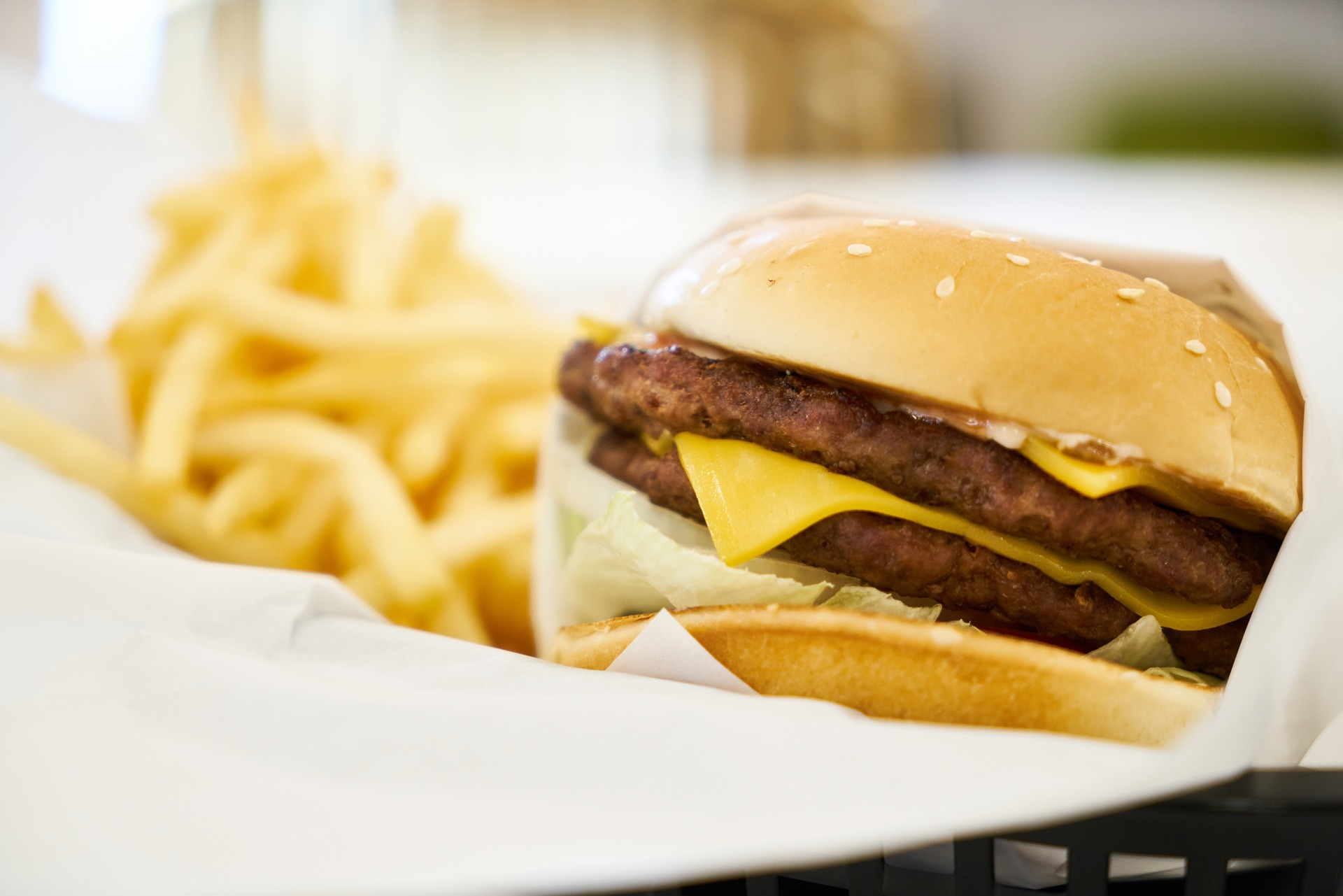
Classic Cheeseburgers with Shelf-Stable Sauces
Fast food cheeseburgers often rely on sauces containing high-fructose corn syrup and potassium sorbate, a preservative. High-fructose corn syrup is linked to metabolic disorders like diabetes. Reformulating sauces to comply with California’s restrictions may change their flavor—or render them unprofitable. Engin_Akyurt / Pixabay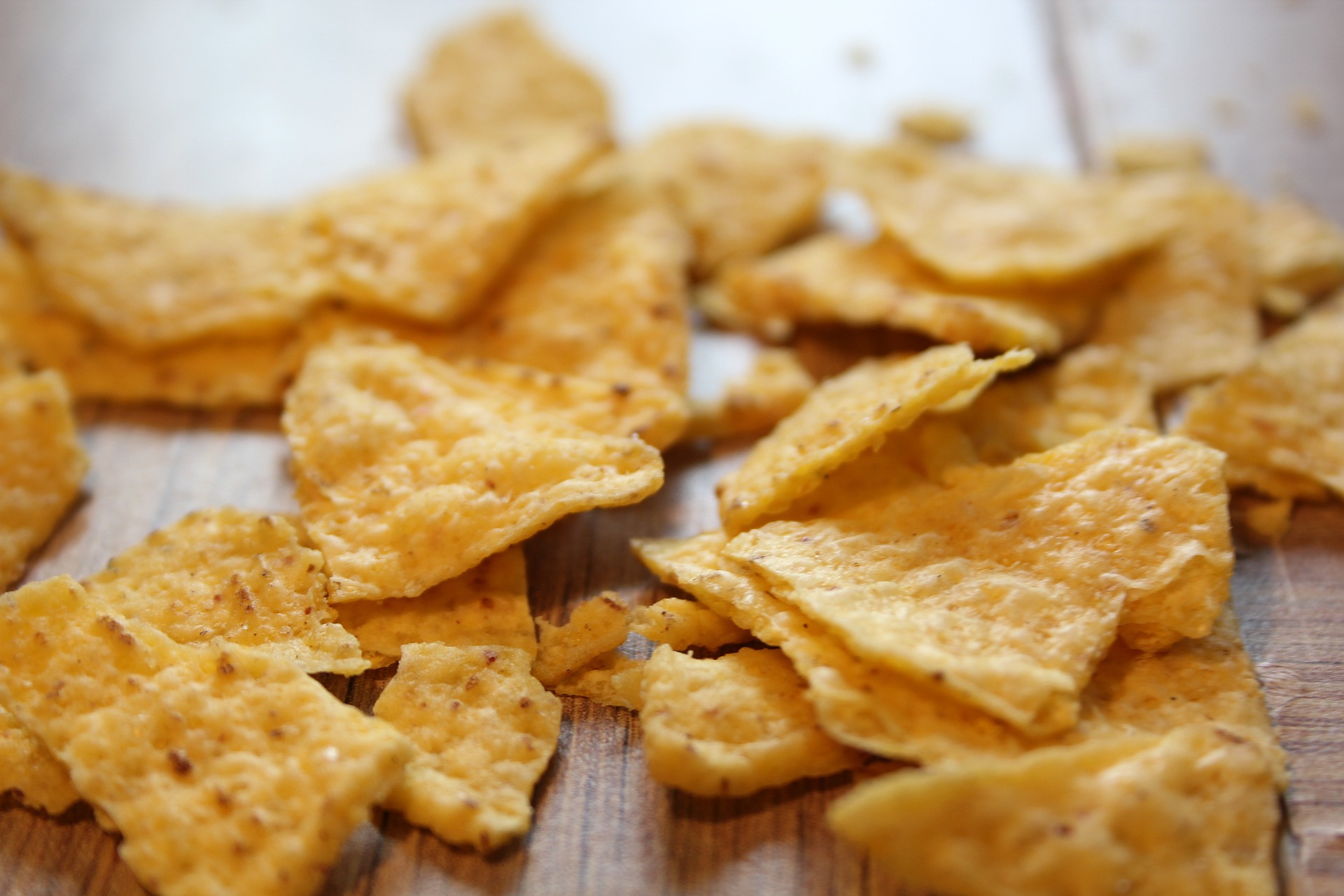
Brightly Colored Chips
The vivid colors in popular chips often come from synthetic dyes like Yellow No. 5, Red No. 40, and Blue No. 1. These dyes have been linked to hyperactivity in children and possible carcinogenic effects. California’s ban on some synthetic food dyes could lead to these snacks being pulled or their signature colors fading away. go_see / Pixabay
Ice Cream Desserts with Artificial Stabilizers
Soft-serve ice creams and sundaes often rely on mono- and diglycerides, emulsifiers used to create a creamy texture. These additives can contain trans fats, which are associated with heart disease. California’s efforts to reduce trans fats could make it difficult to replicate the familiar texture of these desserts. stevepb / Pixabay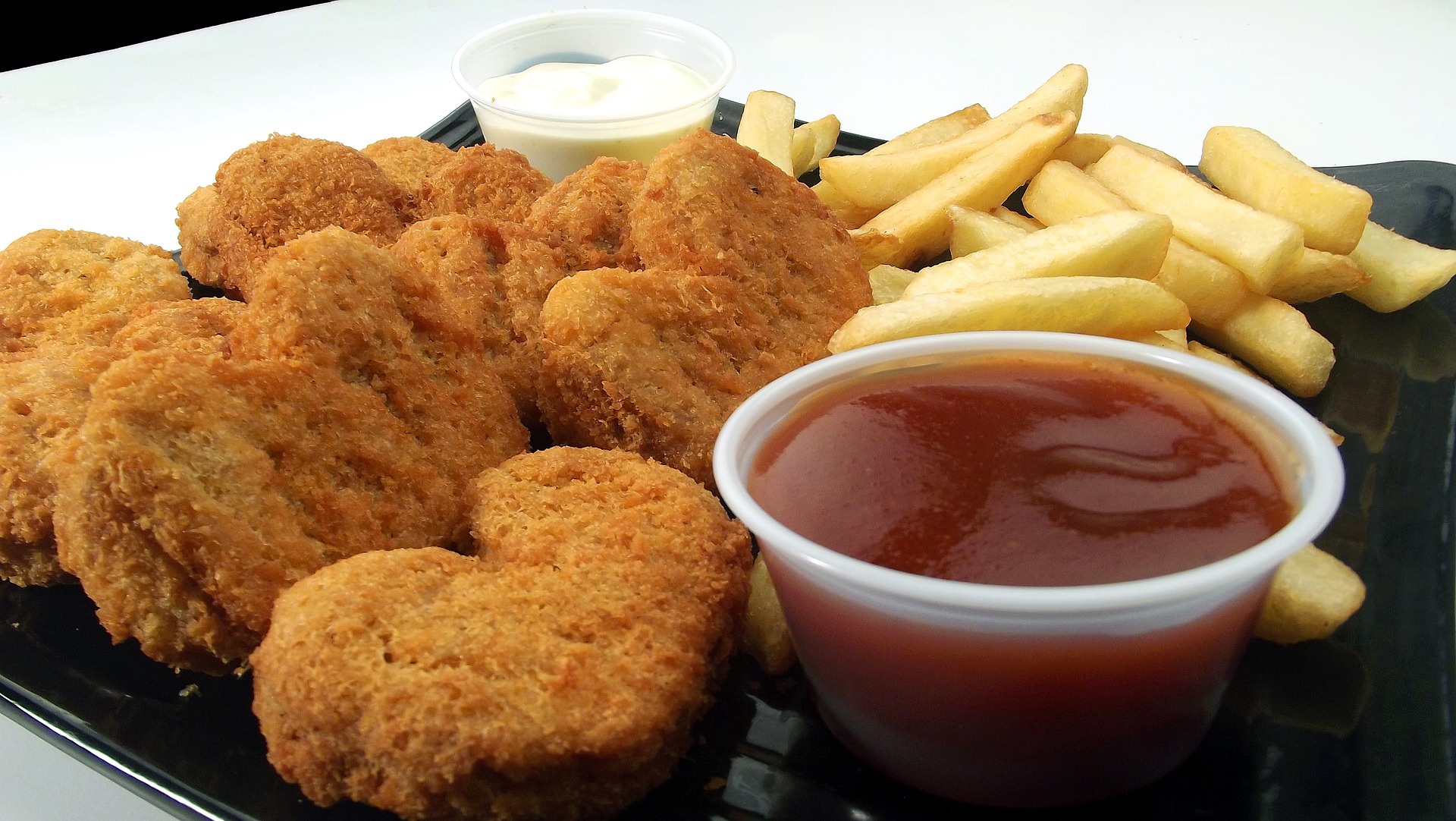
Processed Chicken Nuggets and Tenders
These fast food staples are often preserved with tertiary butylhydroquinone (TBHQ), an antioxidant linked to liver enlargement and cancer in animal studies. Newsom’s policies may compel producers to remove TBHQ, potentially affecting texture and shelf life. adoproducciones / Pixabay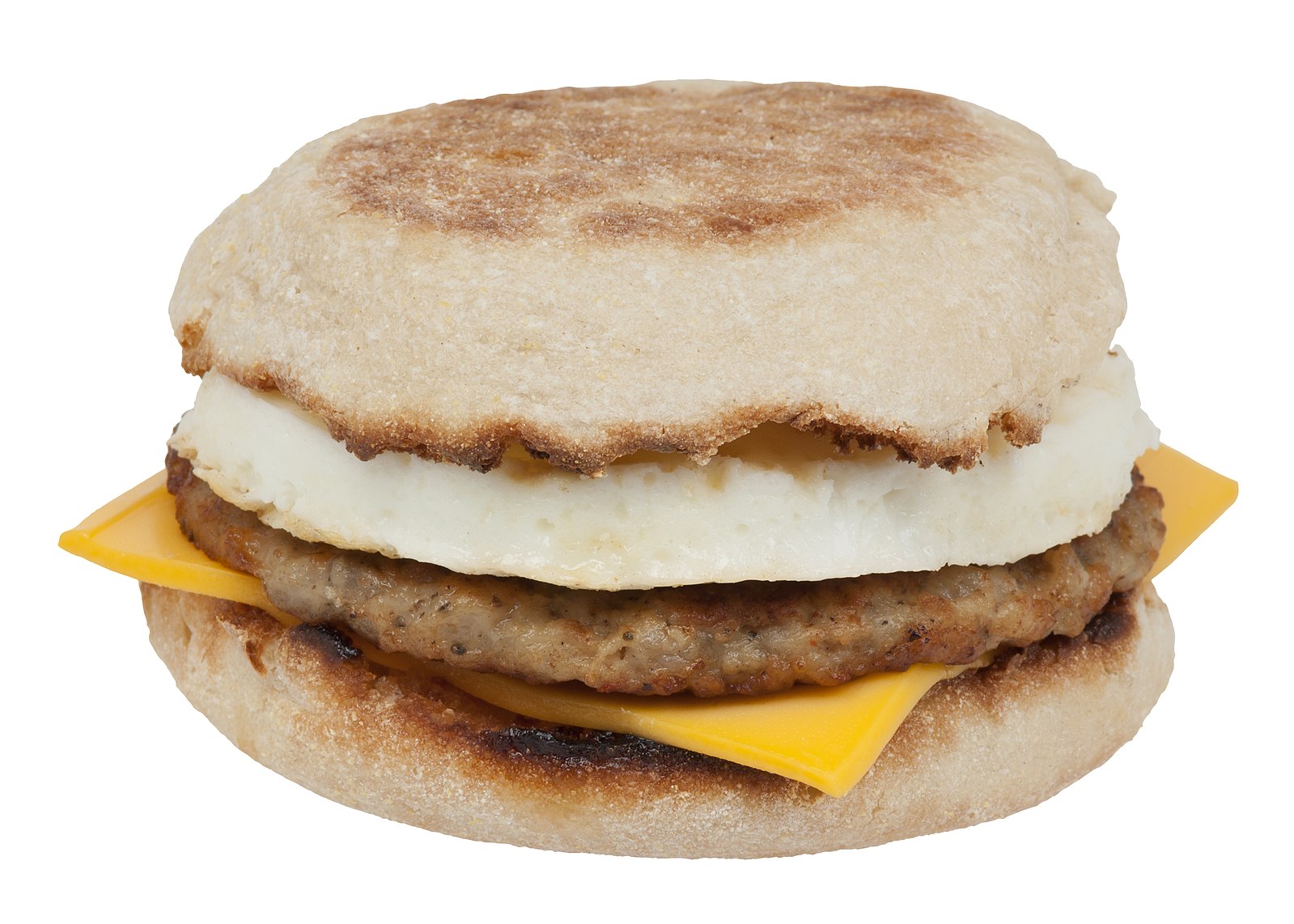
Breakfast Sandwiches
Breakfast sandwiches, a drive-thru morning favorite, often rely on pre-cooked eggs and processed meats preserved with sodium nitrite and sodium phosphate. These additives help maintain color and texture. The fluffy biscuits or bagels that hold these sandwiches together frequently contain dough conditioners like azodicarbonamide, a chemical banned in several countries. Under California’s stricter health guidelines, these popular breakfast items may need significant reformulation, potentially impacting their affordability and availability. Evan-Amos / Wikimedia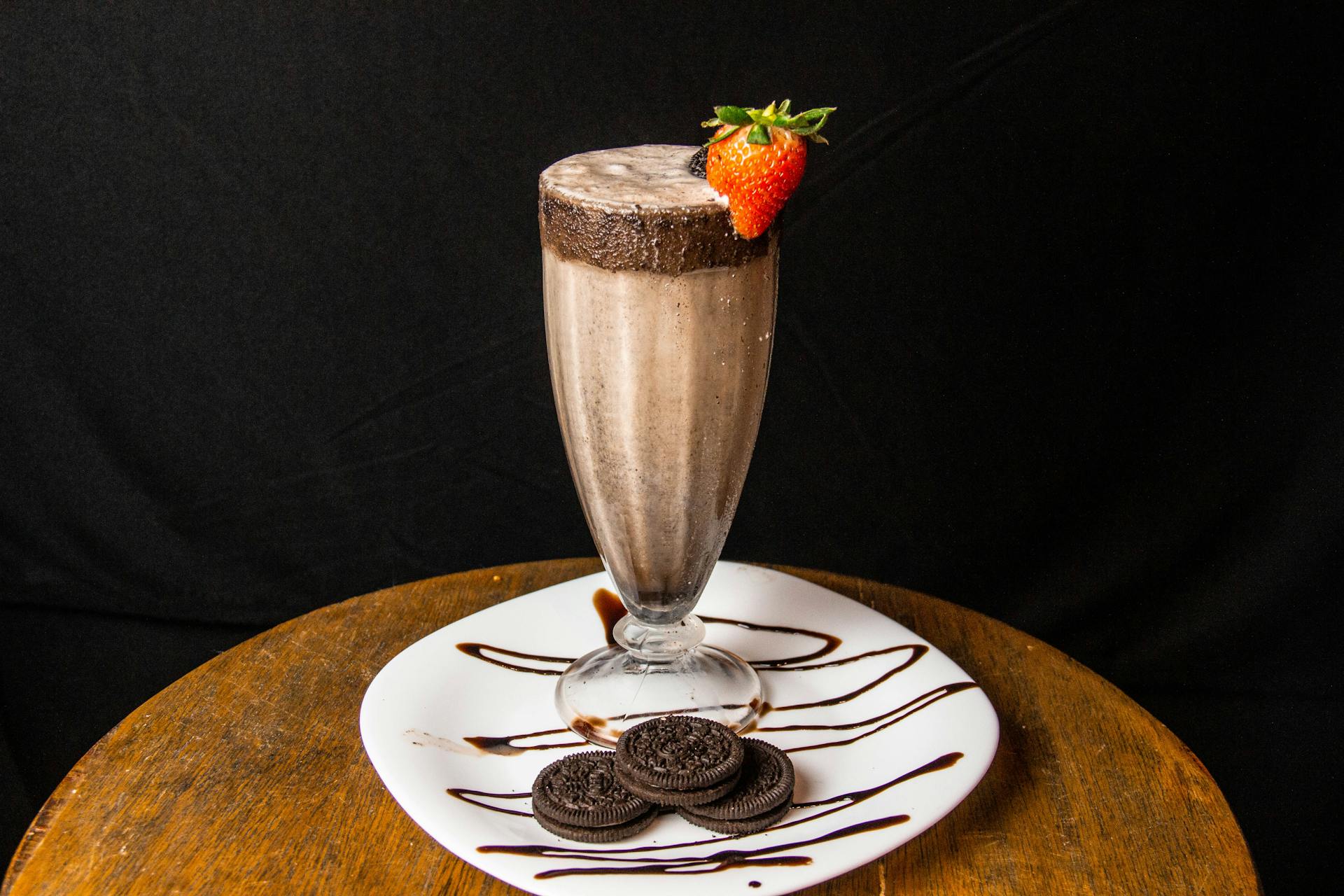
Sugary Frozen Drinks
Frozen beverages are popular for their sweet, vibrant flavors, but they often rely on additives like brominated vegetable oil (BVO), used to stabilize citrus flavors. BVO has been linked to neurological and reproductive health concerns and is banned in Europe. California’s reforms could push these drinks off menus unless they can be reformulated. Horizon Content / Pexels
Sugary Lemonades and Iced Teas
Sweetened lemonades and iced teas are staple beverage options at fast food drive-thrus, often marketed as refreshing alternatives to soda. However, these drinks frequently rely on high-fructose corn syrup for sweetness and synthetic preservatives like potassium sorbate and sodium benzoate to maintain freshness. Studies have raised concerns about high-fructose corn syrup’s links to obesity and metabolic disorders. California’s stricter regulations could lead to reformulations that alter the flavor profiles of these beverages—or remove them from menus altogether. IannisK / Pixabay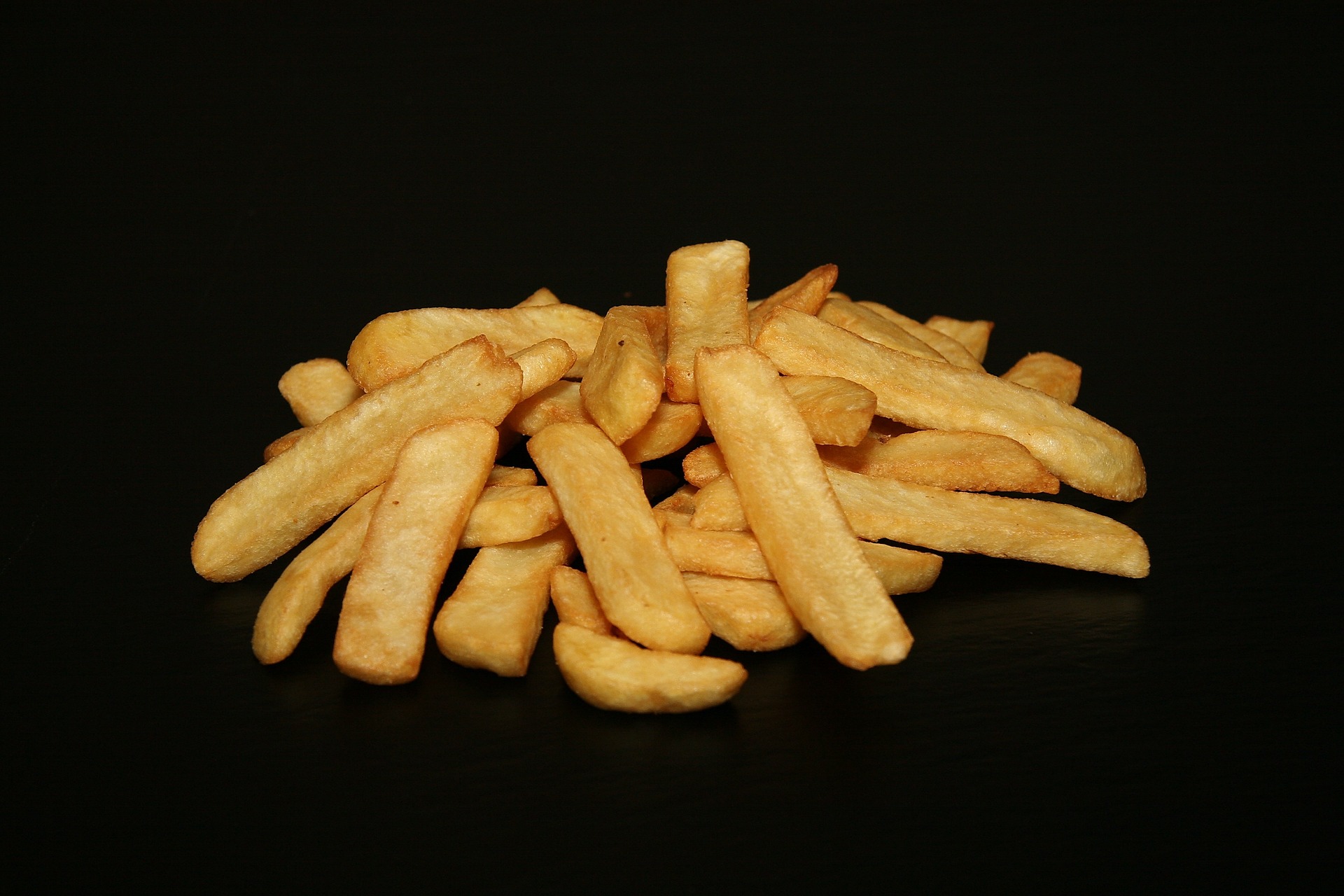
Crispy Fried Foods with Artificial Coatings
The golden, crunchy coatings on fried foods often use sodium aluminum phosphate as a leavening agent. Long-term exposure to aluminum compounds has been linked to potential neurotoxicity. California’s reforms may push for safer alternatives, which could change the texture of these items. mp1746 / Pixabay
Glazed Donuts and Fried Pastries
Donuts and other fried pastries are classic breakfast offerings at many drive-thrus, beloved for their fluffy texture and sugary glaze. These treats often rely on ingredients like hydrogenated oils, which are a major source of trans fats, and glazing agents containing artificial colors like Red No. 40 and Yellow No. 5. With California’s push to eliminate additives, these indulgent pastries may require significant recipe changes—or disappear entirely. dohnalovajane / Pixabay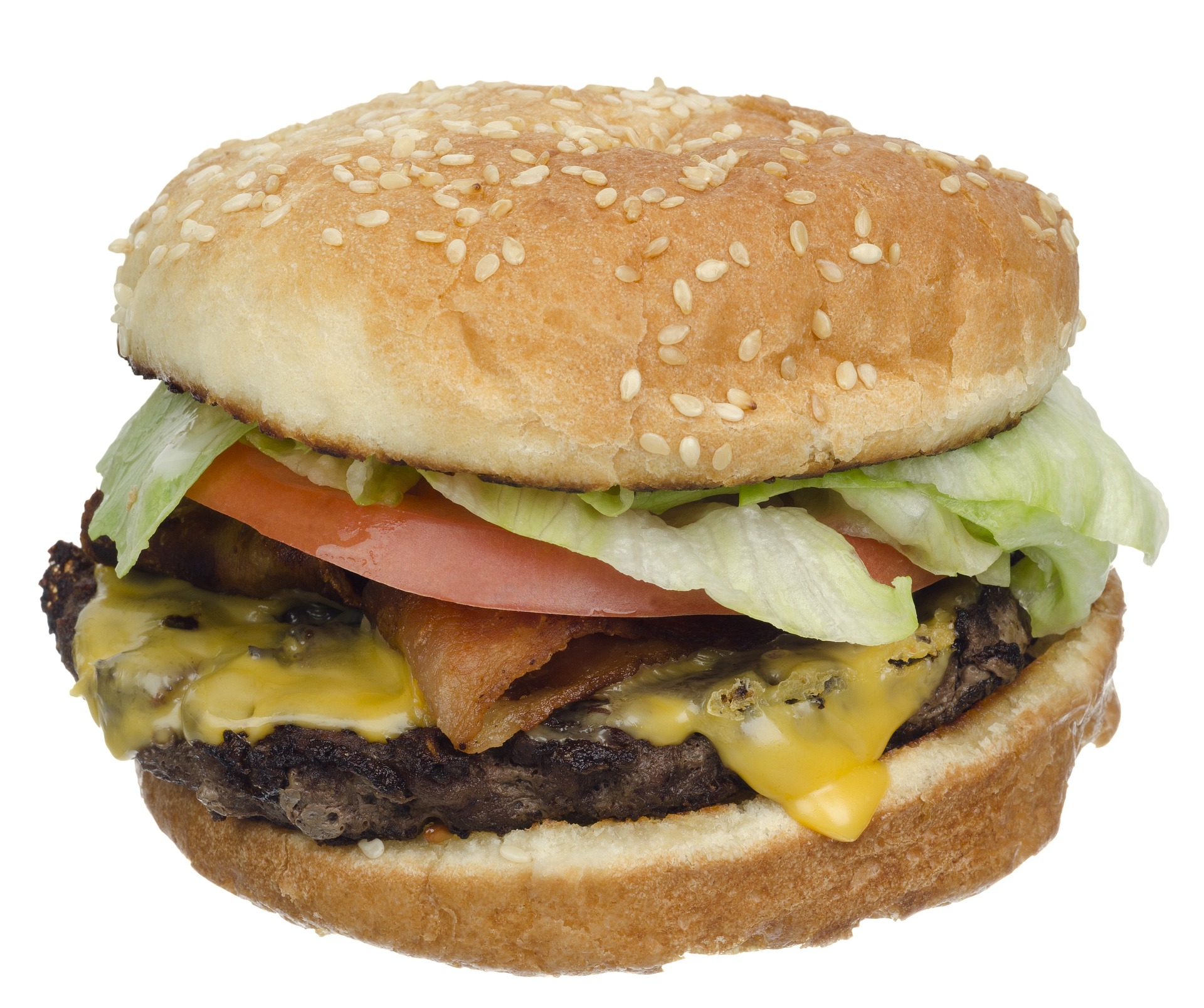
Processed Cheese Products
The gooey, stretchy texture of processed cheese, often used on fast food items like sandwiches and burgers, comes from emulsifiers like sodium phosphate. Restrictions could force fast food chains to use simpler, less processed alternatives, significantly impacting both the flavor and texture of their offerings. WikimediaImages / Pixabay
Loaded Fries
Loaded fries are a popular indulgence at many drive-thrus, offering a combination of crispy potatoes, melted cheese, and savory toppings. However, the cheese sauces used in these dishes often contain emulsifiers like sodium phosphate and preservatives like sorbic acid to maintain their texture and shelf stability. Sorbic acid can cause allergic reactions in sensitive individuals. California’s stricter regulations on food additives could force a shift toward fresher, less processed toppings—potentially making these iconic menu items less accessible or more expensive. ENESFİLM / Pexels
Loaded Breakfast Burritos
Popular breakfast burritos filled with sausage, eggs, cheese, and sauces often rely on preservatives like sodium nitrite in the meats and additives like xanthan gum in the sauces. Sodium nitrite has been linked to cancer risks, and Newsom’s policies could lead to these burritos being reformulated to include fresher, preservative-free ingredients—which might make them less affordable or available. Polina Tankilevitch / Pexels
Sweetened Breakfast Items
Drive-thru breakfast menus often feature sugary, baked items like cinnamon rolls or glazed breakfast pastries. These treats typically contain high-fructose corn syrup and partially hydrogenated oils, both of which have been linked to obesity and heart disease. California’s stricter regulations may push fast food chains to reformulate these options or take them off the menu entirely. monicore / Pexels
Buttery Croissants and Biscuits
Buttery croissants and biscuits are drive-thru staples, prized for their rich flavor and tender texture. However, these items often rely on partially hydrogenated oils and artificial flavorings to mimic real butter, as well as dough conditioners like L-cysteine. California’s push for cleaner ingredients could lead to significant changes in how these baked goods are made—or see them vanish from menus. PublicDomainPictures / Pixabay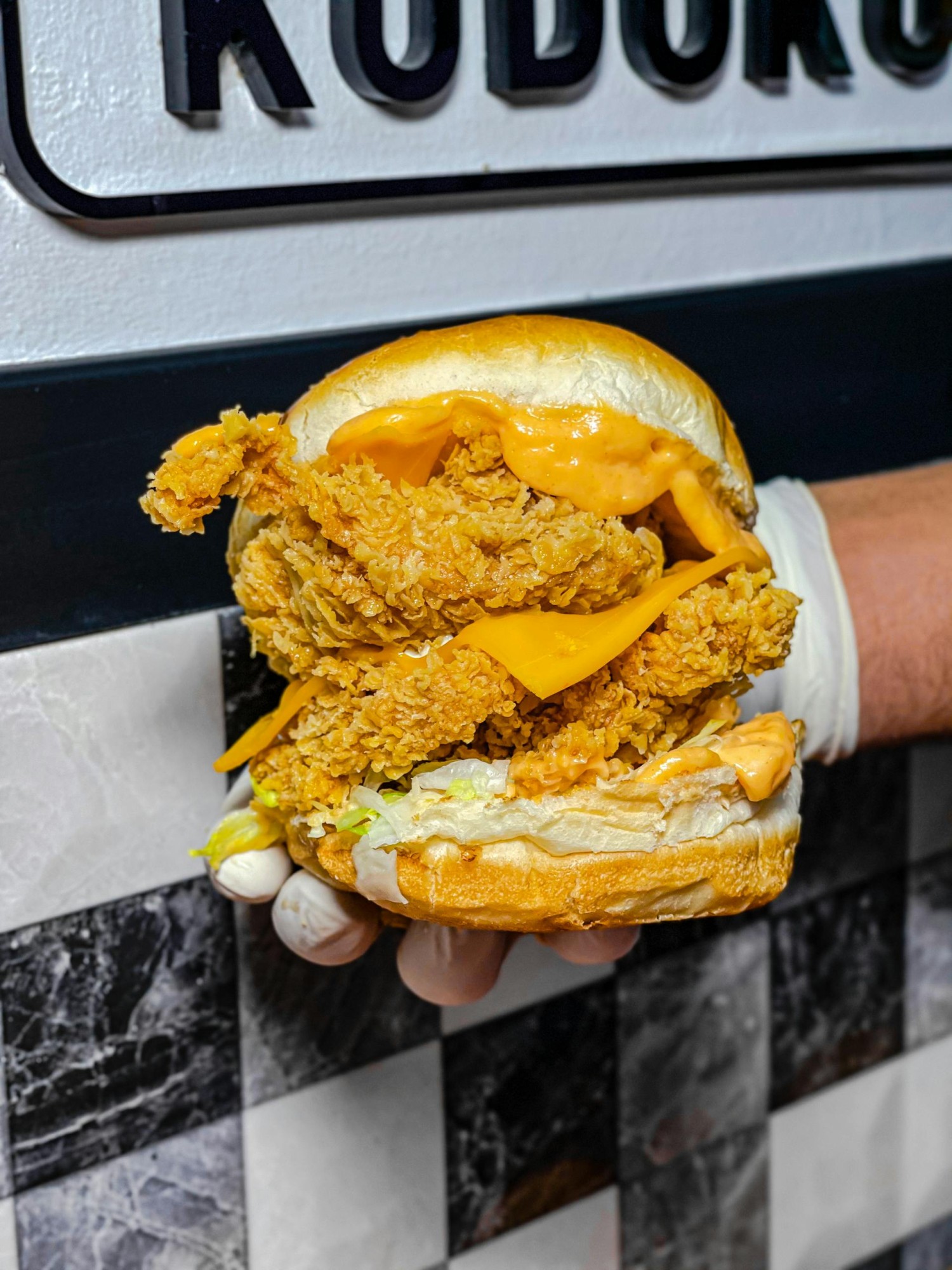
Crispy Chicken Sandwiches
Crispy chicken sandwiches are a fast food icon, but the chicken patties often include phosphates and MSG to enhance flavor and juiciness. California’s initiatives may push for stricter limits on these additives, potentially altering the signature texture and flavor of these sandwiches. ENESFİLM / Pexels
Mozzarella Sticks and Fried Appetizers
Mozzarella sticks and other fried sides rely on batter coatings with chemical leavening agents like sodium aluminum phosphate. These additives help create the crispy exterior but have been scrutinized for their potential neurotoxic effects. Reformulations could result in these beloved fried snacks being less crispy or disappearing altogether. erikatanith / Pixabay
Fast Food Salads
Salads may seem like the healthiest choice on a fast food menu, but their toppings often tell a different story. Pre-packaged croutons, shredded cheese, and dressings are frequently loaded with artificial preservatives like calcium propionate and potassium sorbate to extend shelf life. Additionally, some dressings contain high-fructose corn syrup and synthetic emulsifiers. Their removal could result in salads that are fresher but more expensive to produce. JillWellington / Pixabay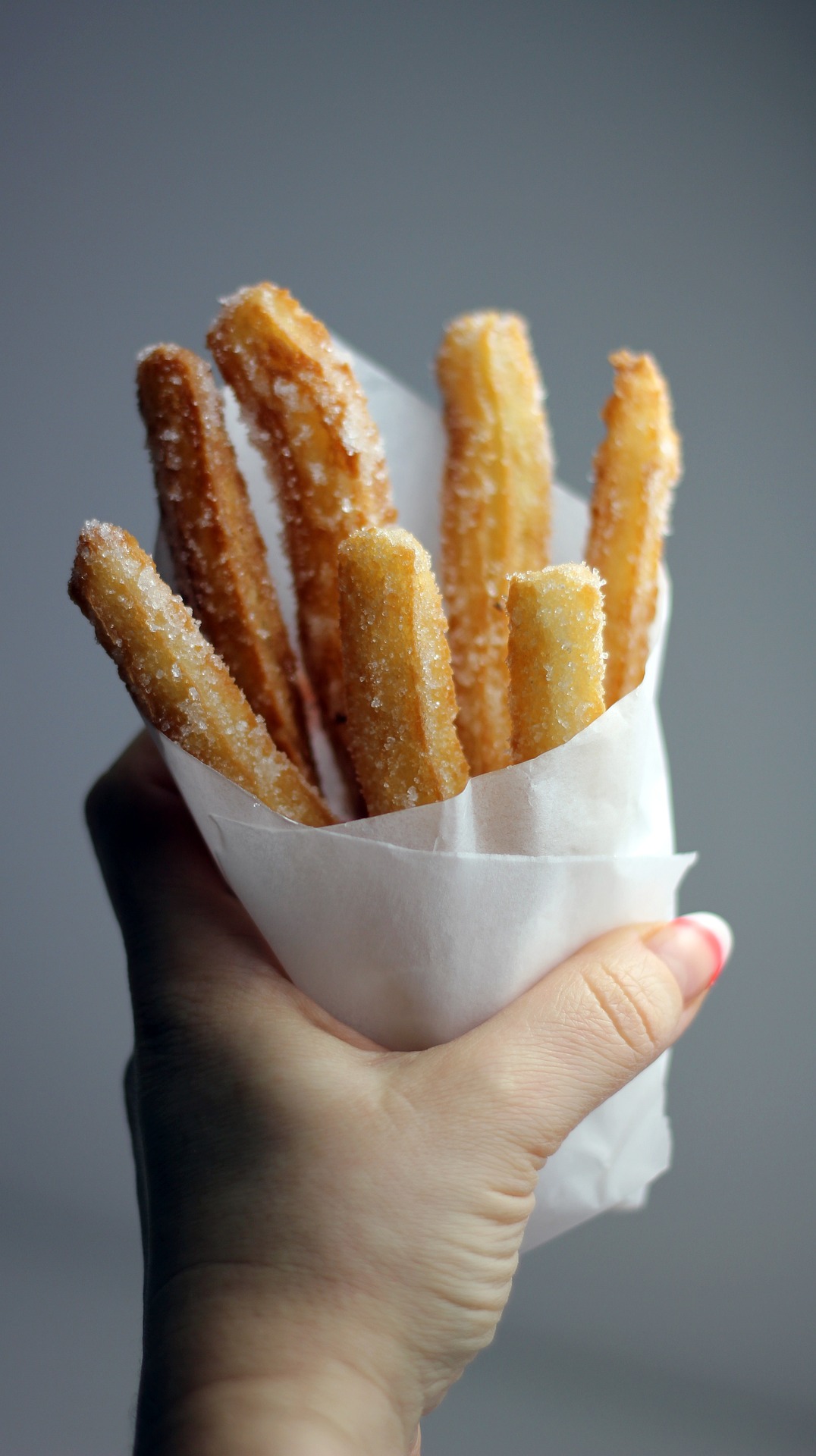
Deep-Fried Desserts
Deep-fried desserts, like churros and funnel cake sticks, are a favorite on fast food menus for their crispy exteriors and warm, sweet interiors. These treats often rely on stabilizers like mono- and diglycerides to maintain their texture and frying consistency, along with powdered sugar coatings containing anti-caking agents like silicon dioxide. California’s health-focused initiatives could mean significant changes to these indulgent desserts—or see them disappear altogether. Zozz / Pixabay
Whether fast food chains rise to the challenge or leave certain items behind, one thing is certain: the drive-thru experience may never look the same again. Jack Gruber / USA TODAY NETWORK